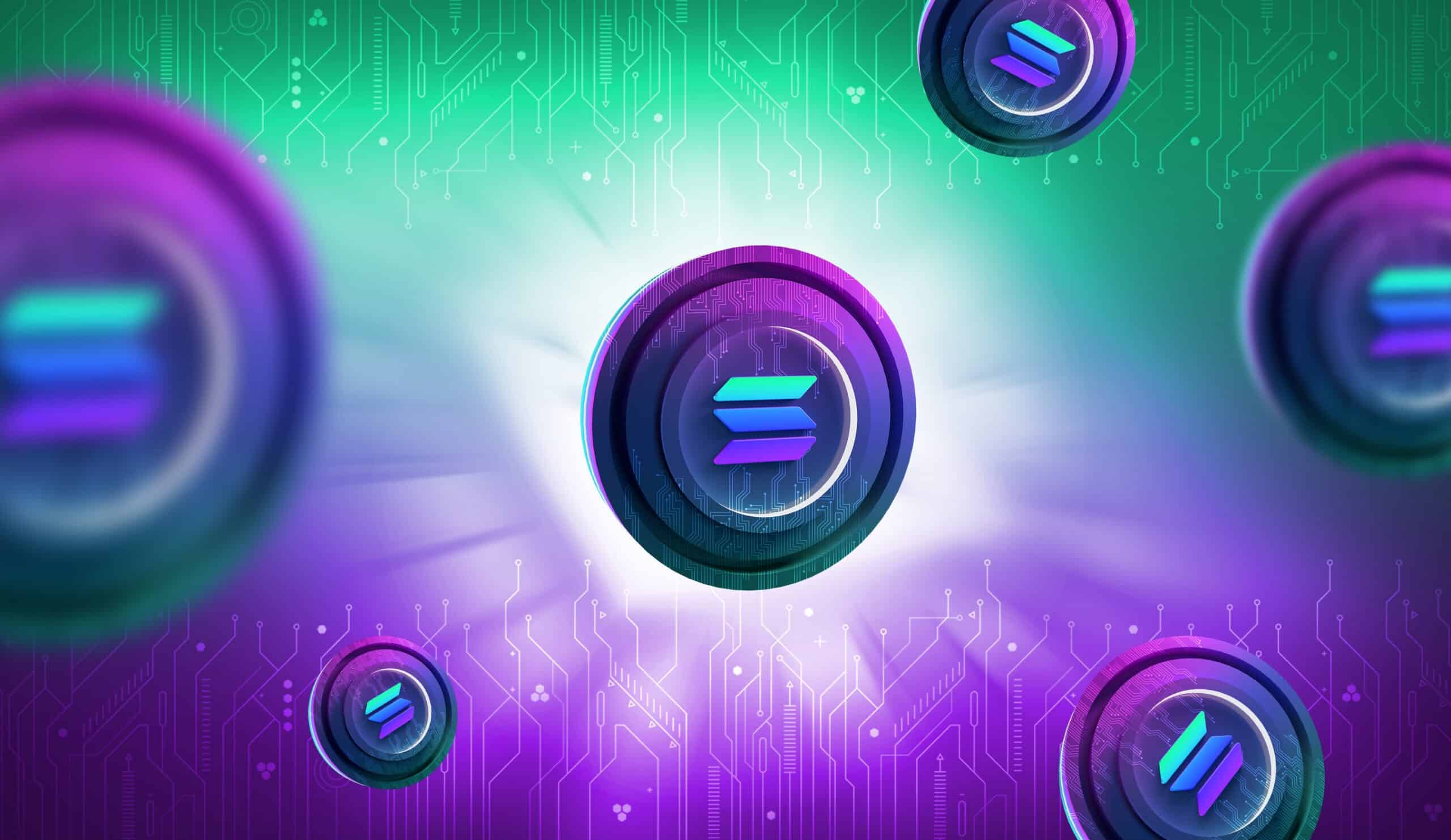Crypto markets are enjoying their bull run, consistent with the boom cycles that have characterized the landscape thus far. Each cycle, however, distinguishes itself by which blockchains lead the charge.
In this cycle, Solana has emerged as a standout winner, largely due to its promise of lightning-fast throughput speeds and negligible transaction fees. Solana has thus seen a boom in memecoin issuance and trading, with several explicitly useless tokens going “to the moon” overnight.
This boom, however, has been accompanied by a discomfiting trend: the emergence of dozens of memecoins with overtly racist, sexist, and other derogatory themes. Many are named after racial slurs, feature offensive caricatures, or reference antisemitic conspiracy theories.
As the Solana ecosystem becomes increasingly populated, it has inadvertently become a breeding ground for such tokens, raising serious concerns about the intersection of technology and social responsibility.
Decentralization and Accountability
This influx of offensive tokens on Solana has sparked a widespread debate within the cryptocurrency community. Hundreds of racist, misogynistic, and otherwise derogatory tokens have been launched in recent weeks, and while some tokens toe the line between bigotry and irony, others explicitly cross it into overt hate speech.

The emergence of such coins has not only drawn the ire of many, but also prompted serious discussions about the ethical dimensions of blockchain technology and the responsibility of those who engage with it. The Solana blockchain, being openly available for anyone to develop on and having very low barriers of entry, has emerged as the center stage for this debate to play out.
Many influential voices within the crypto world have taken to social media to express their disdain. Martin Shkreli called attention to the “dangerous undercurrent of racism” permeating blockchain systems in a tweet, saying “the whole chain system is flooded w/ racist memes & tokens which many presumably white people are profiting from.”
sers @karaswisher @DonLemon are you aware of the dangerous undercurrent of racism currently flowing through blockchain systems of America. it is far beyond just Pepe, the whole chain system is flooded w/ racist memes & tokens which many presumably white people are profiting from
— Martin Shkreli (e/acc) (@wagieeacc) March 21, 2024
Anatoly Yakovenko, co-founder of Solana, condemned the creators of these tokens more succinctly, writing: “F’ these anti-Semitic racist incels.”
F’ these anti-Semitic racist incels.
— toly 🇺🇸 (@aeyakovenko) March 22, 2024
Read more: Solana Is Ripping. But Are the Economics of the SOL Token Sustainable?
The problem has sparked broader debate about what, if anything, any actor can do to stop such tokens from being issued, such as whether or not they should be censored at all. Some pointed to the hate-fueled meme tokens as the ugly byproduct of a decentralized system, while others thought this could be regulated out by markets sending hate tokens to zero; others thought that the risk of doxxing might deter future offenders.
The Solana Foundation did not immediately respond to a request for comment for this story.
Influential X user @punk6529 addressed the issue by stressing the efficacy of social consequences in correcting bad behavior, emphasizing the permissionless nature of blockchains and comparing the creation and trade of racist tokens to the legal act of selling racist t-shirts in public. Yet, they drew a distinction, suggesting that such actions, both online and off, were marks of embarrassment or cowardice. The thread explored the mindset of those who might not express such bigotry in real life due to fear of consequences or a lack of genuine hatred towards others.
Others, however, took a more blunt position: that this is an inevitable consequence of fully decentralized access to creating financial instruments—for better and for worse. Autism Capital wrote:
“This type of bottom tier memecoins are what happens when you have a ‘open and free decentralized financial system.’ Solana reduced the barrier of entry to near zero, which makes launching these coins as easy as a few clicks… This is actual ‘free speech.’ The permission for kids to make racist ponzis and laugh with their friends about it. This is not a condemnation of Solana or open financial systems. This is us saying, this comes with the territory and is a consequence of inclusion. Must learn to accept it.”
This situation on Solana highlights a recurring theme in the crypto space: the tension between the ideals of decentralization and the need for ethical governance. Similar issues have surfaced on other blockchains, indicating that this is not a problem unique to Solana but a systemic challenge within the cryptocurrency ecosystem.
The rise of offensive memecoins forces the community to confront the darker aspects of what it means to operate in a permissionless environment.



